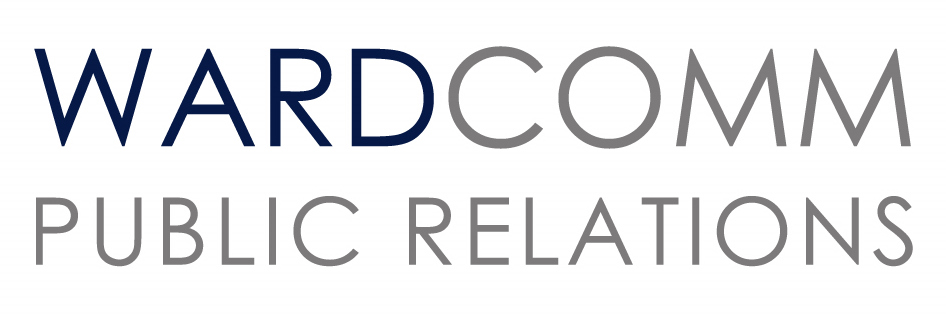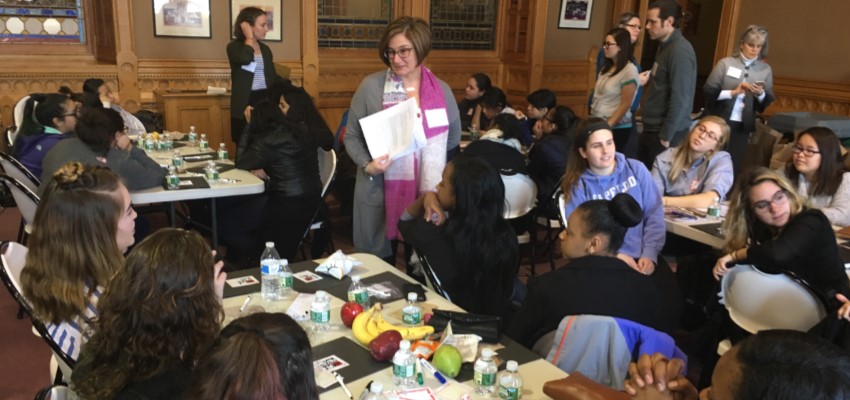On Wednesday, March 22, 2017, over 100 girls from across the Connecticut traveled to Hartford to attend our Connecticut Women’s Hall of Fame (CWHF) client’s first-ever Girls Day at the Capitol. The young women heard from elected officials and other advocates about women in politics, how to advocate, and the crucial importance of voting. Held in celebration of Women’s History Month, the event included such speakers as Lieutenant Governor Nancy Wyman, State Treasurer Denise L. Nappier, State Senator Mae Flexer (D-29), State Representative Cristin McCarthy Vahey (D-133), and Deputy Secretary of the State Scott Bates as well as breakout sessions led by women currently working in different fields in a variety of advocacy roles.
WardCommPR’s Laura Ward was honored to be part of the incredibly inspiring day as a breakout session presenter as well as the work she did to secure media coverage for the event. Kathleen Schassler published her article in the New Haven Register. And, both WFSB Eyewitness News and FOX 61 aired stories as well.
Girls Day at the Capitol attendees were from East Lyme Middle School, Hamden High School, Grace Academy (Hartford), High School in the Community (New Haven), East Windsor High School, Girls, Inc. (Western Connecticut), Staples High School (Westport).
“While our mission is to honor and preserve the stories of Connecticut’s most remarkable women, it is also to educate and inspire the next generation,” says CWHF executive director Kathryn Gloor. “There is nothing more inspiring than seeing young women find their voices. We were honored to introduce future leaders to current elected officials, and delighted that – as one participant wrote – the students now realize they, too, are ‘strong enough to do anything.’”
Throughout the day, event participants explored three possible avenues of civic engagement: voting, grassroots advocacy, and elected office. Before boarding buses to travel back to their hometowns, they pledged to stay informed, use their voices to speak up for change, and – most importantly – vote when they are old enough to do so.
In the 2014 general election, fewer than half of women exercised their right to vote in a contest that elected the entire U.S. House of Representatives and a third of the U.S. Senate as well as many state-level officials. Overall voter turnout in the U.S. was estimated at 36.7 percent – the lowest since World War II. Only 21.5 percent of young people ages 18-24 took part in the 2014 election. If decisions are made by those who show up, young women need to take note and understand how to make their voices heard.

